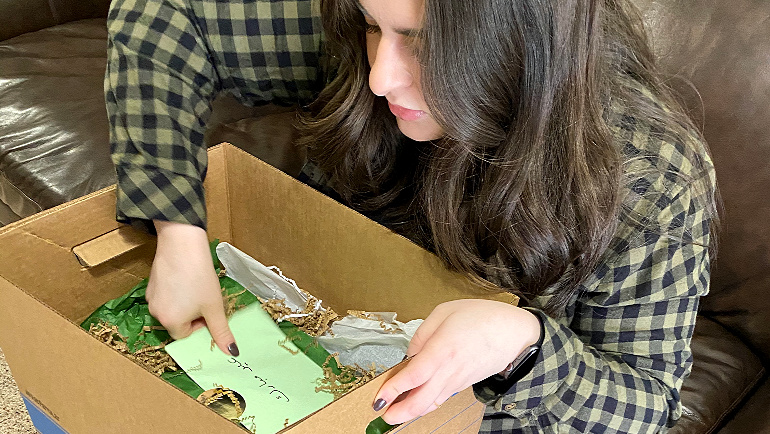
When COVID-19 hit Southeast Michigan, Dr. Arash Javanbakht and his crew of student researchers were forced to halt their study’s data collection. It was a setback, certainly.
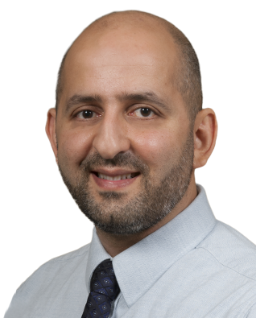
For nearly four years, Javanbakht and his team have been exploring the mental health impact and biological correlation of war trauma on Syrian refugees, many of them children, now living in the United States. But all Javanbakht could think about was the outbreak’s impact on the families who have become so much more than research participants.
“Given it was Ramadan, and especially during this stressful time of the pandemic, I thought of a way to bring a smile to the kids,” said Javanbakht, associate professor of Psychiatry and Behavioral Neurosciences and director of the Stress, Trauma and Anxiety Research Clinic. “We brainstormed and decided to make gift packages for the children and their families, and deliver them to their doors for Eid al-Fitr [the festival of breaking the fast at the end of Ramadan].”
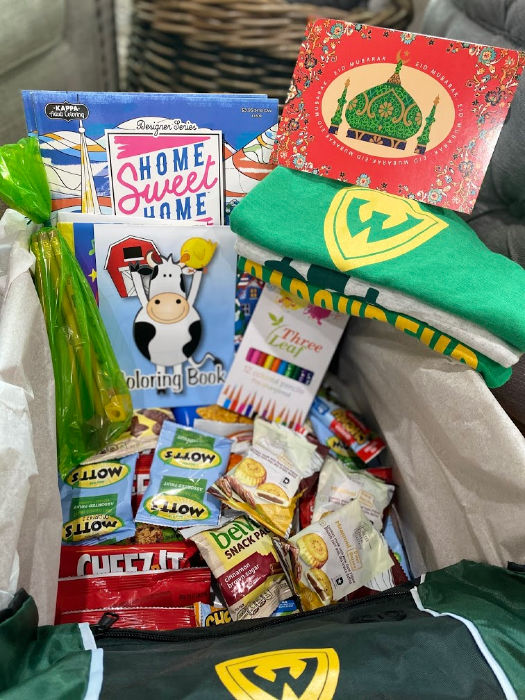
With the parents’ permission, Javanbakht and the team of undergraduate, graduate and postdoctoral students — most of whom have Arabic backgrounds, and some who are also refugees — created care packages of snacks and school supplies for the children and delivered it to their doors on May 22. In addition, Wayne State Marketing and Communications donated backpacks, pens and T-shirts.
While Javanbakht covered all the costs, he said the team did the hard work of choosing, purchasing, packaging and delivering the age-appropriate gifts.
“Tailoring the box with respect to each specific family and their children provided such a valuable experience,” said Celine Bazzi, 22, who graduated in spring 2020 with a bachelor’s in biological sciences and minors in philosophy and health care ethics. “Being able to tend to each child individually, as well as brainstorm ideas of what they might enjoy, made the process that much more special.”
While Bazzi’s last semester at Wayne State didn’t end according to plan, she said she will take with her the memory of being sprawled out on her living room floor, “surrounded by immense amounts of goodies, anticipating iftar [the time in which fast is broken], while handwriting the beautifully crafted cards.”
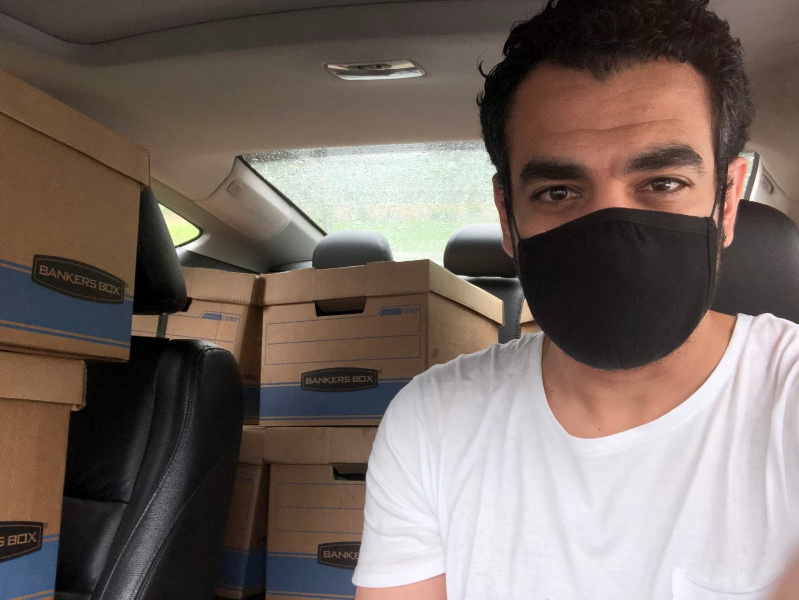
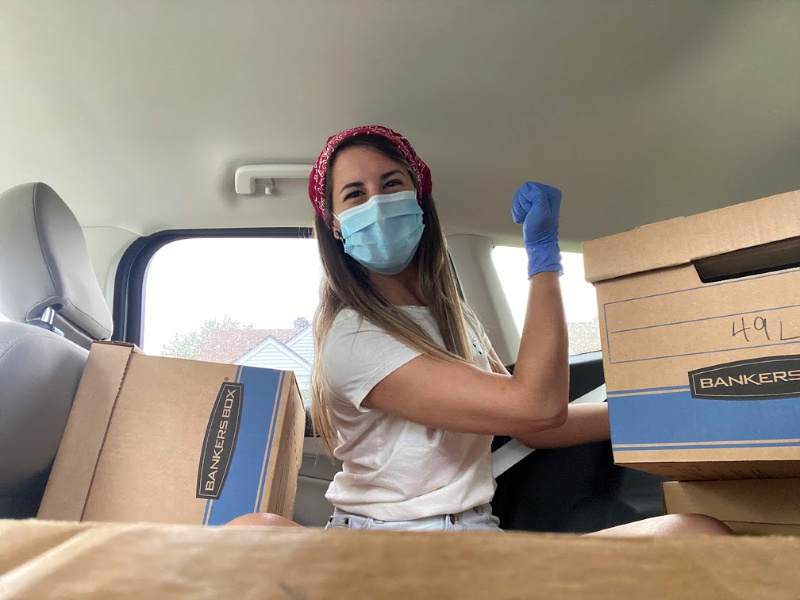
For postdoctoral researcher Bassem Saad, 30, seeing the families’ reactions hit him deeply. “As a person coming from the Middle East, an immigrant, my cause has always been supporting people who had suffered a lot through civil war,” he said. “I was over the moon that they feel recognized, accepted and understood in the academic scene.”
Lana Grasser, a 24-year-old Ph.D. candidate going into her fourth year of Wayne State’s translational neuroscience program, hoped the care packages would bring a little joy during a time of hardship.
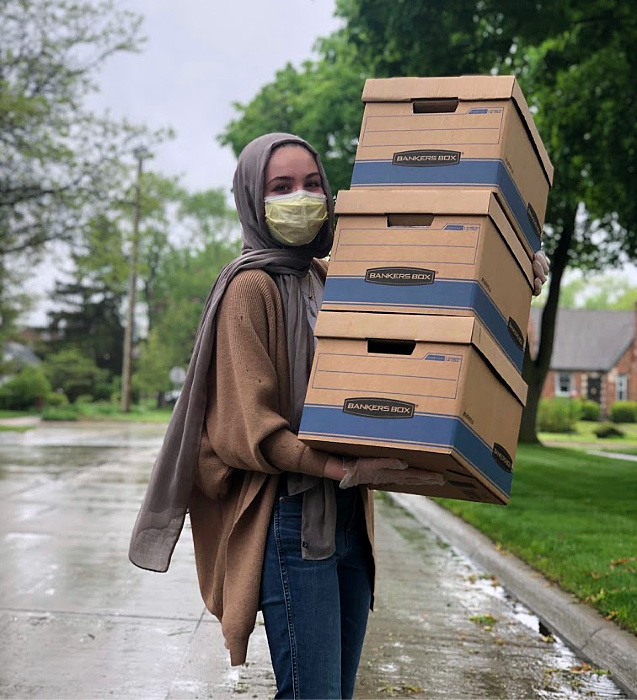
“We have worked with these families not only in the labs, but also in the home. It felt like seeing my own family, but it was hard to not give them all hugs,” she said. “Through our Eid gift-giving, we were able to make a small part of the world in our own personal circles a little bit better and brighter. We are so grateful for all the time they have given us and stories they have shared. This was the least we could do.”
That feeling was shared among the entire team.
“As a research assistant, I have visited the homes of the families involved in our study and they always welcome us with so much hospitality,” said Rajaa Shoukfeh, 22, who graduated in December 2019 with a bachelor’s in nutrition and food science. “When Dr. Javanbakht first brought up the idea at one of our weekly team meetings, it was so heartwarming. It’s such a kind gesture to repay their kindness and show them how much we appreciate their participation.”
